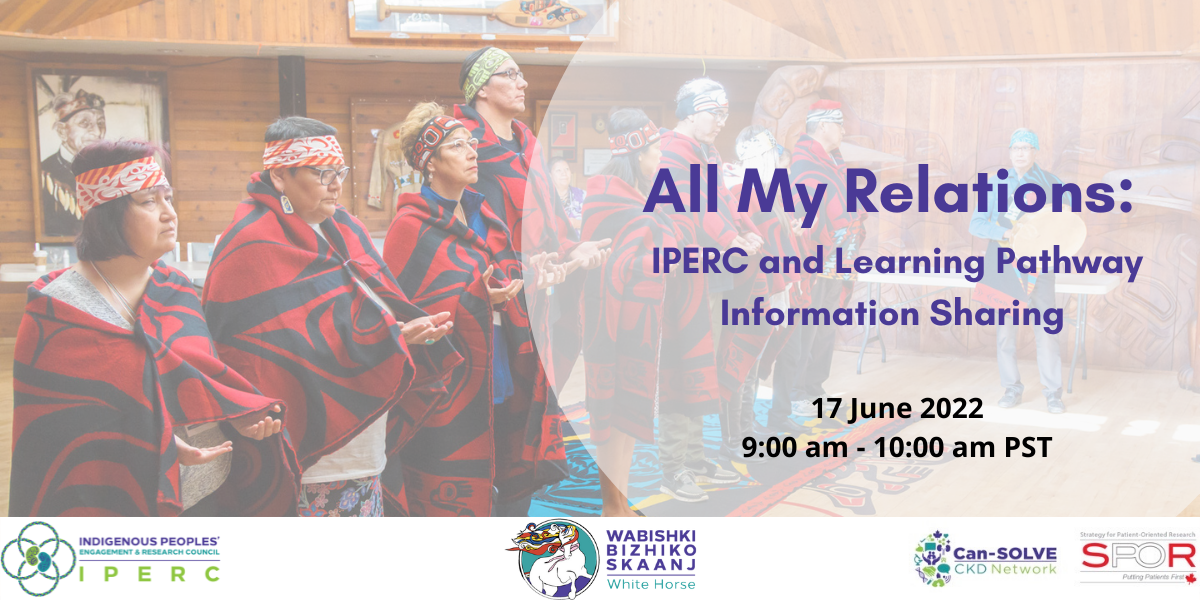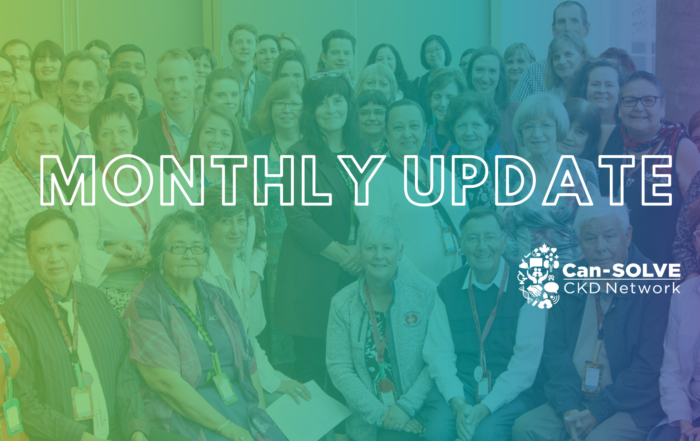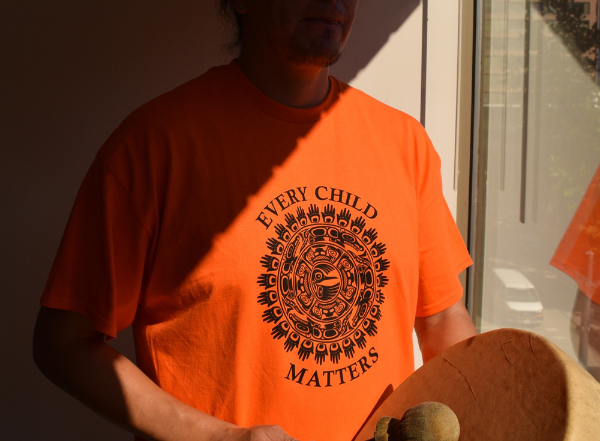June is National Indigenous History Month and the Indigenous Peoples’ Engagement and Research Council hosted a webinar entitled “All My Relations: IPERC and Learning Pathway Information Sharing.” Watch recording below!
Attendees learned about the Indigenous Peoples’ Engagement and Research Council (IPERC) and explored an overview of the Wabishki Bizhiko Skaanj Learning Pathway. It was an opportunity to amplify the Indigenous knowledge and perspectives which are reflected across the Can-SOLVE CKD Network.
IPERC serves to guide the conduct of the Network’s activities in accounting for the unique aspects of patient-oriented research involving First Nations, Inuit, and Métis.
Wabishki Bizhiko Skaanj (wah-bish-kih biish-ih-goo skaa-nch) is a learning pathway that aims to enhance researchers’ knowledge and awareness of racial biases, Indigenous voices and stories, the impact of colonization on Indigenous health, and culturally safe health research practices. The learning pathway comprises existing resources such as San’yas, OCAP, Tri-Council Policy Statement Chapter 9, and the KAIROS Blanket Exercise, in addition to original components developed by the Can-SOLVE CKD Network.
The Learning Pathway components include:
- Supporting Each Other’s Journey: Land Acknowledgment Learning Series. A four-part webinar series and guidebook to help researchers and other members of the public understand the importance of acknowledging traditional territories.
- Kairos Blanket Exercise: An interactive simulation of colonization’s impact on Canada’s Indigenous peoples.
- San’yas Indigenous Cultural Safety Training: An eight-hour, self-directed online course in Indigenous cultural safety.
- Indigenous Research Ethics and Protocols: A three-part webinar series examining ethical principles of engagement with Indigenous peoples in health research.
- Knowledge Keepers in Research: A virtual guidebook that aims to create a culturally safe space for researchers, patient partners and Knowledge Keepers to come together. It will encourage researchers to honour various forms of knowledge alongside Indigenous Knowledge Keepers and help them translate those teachings into practice.
- Training and Certification: Opportunities to pursue additional training and certification, such as the First Nations principles of ownership, control, access, and possession – more commonly known as OCAP and Tri-Council Policy Statement: Ethical Conduct for Research Involving Humans known as TCPS-2.
- Cultural Competency Knowledge Bundle: A collection of multimedia resources used to support the user on their cultural competency journey.




Connect with us